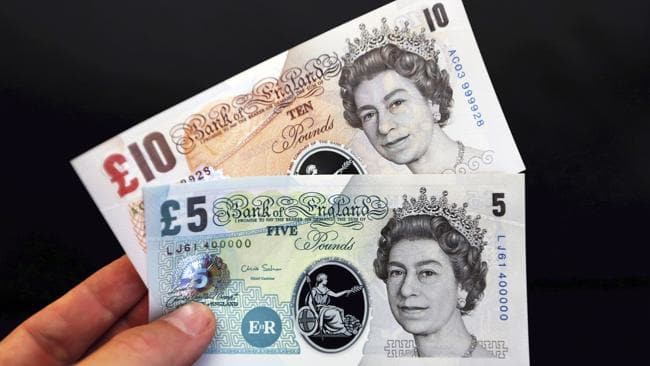
LONDON: British workers’ pay growth held at its fastest pace in a decade in late 2018 and job creation remained strong, official figures showed on Tuesday, suggesting the labour market was staying buoyant ahead of Brexit.
Total earnings, including bonuses, rose by an annual 3.4 percent in the three months to December, remaining at its fastest pace since mid-2008, the Office for National Statistics said.
The increase was a touch below a forecast for a pick-up to 3.5 percent in a Reuters poll of economists.
Average weekly earnings excluding bonuses also rose by 3.4 percent on the year, in line with the poll forecast.
Britain’s strong labour market has defied a slowdown in the economy since the 2016 Brexit vote.
The number of people in work rose by 167,000 in the three months to December, stronger than the poll’s forecast of 140,000. It was the biggest increase since the first quarter of 2018.
With Britain due to leave the European Union in just over a month’s time, and still no clarity on whether it will have a transition deal to smooth the shock, many companies have cut investment in equipment, potentially making them more likely to hire workers.
However, Honda’s announcement that it will close a plant with the loss of 3,500 jobs and Nissan’s decision not to build a new model of car in Britain have raised concerns about the impact of Brexit on big manufacturers.
With unemployment at its lowest rate since 1975 – 4.0 percent in the three months to December – employers have begun raising pay for staff more quickly.
The Chartered Institute of Personnel and Development, a human resources professional body, said on Monday private-sector employers planned to increase basic pay rates this year by the most since the survey started in 2012.
The Bank of England has said it will need to raise interest rates gradually to offset inflation pressures from rising pay.
Earlier this month, it forecast wage growth would slow to 3.0 percent by the end of 2019 – as the economy felt the drag of Brexit uncertainty and slowing global growth – before picking up again.
However, the pace of wage rises remains slower than the 4 percent increases seen before the financial crisis.
When adjusted for inflation, total earnings rose by 1.3 percent, the fastest increase since late 2016, the ONS said.






